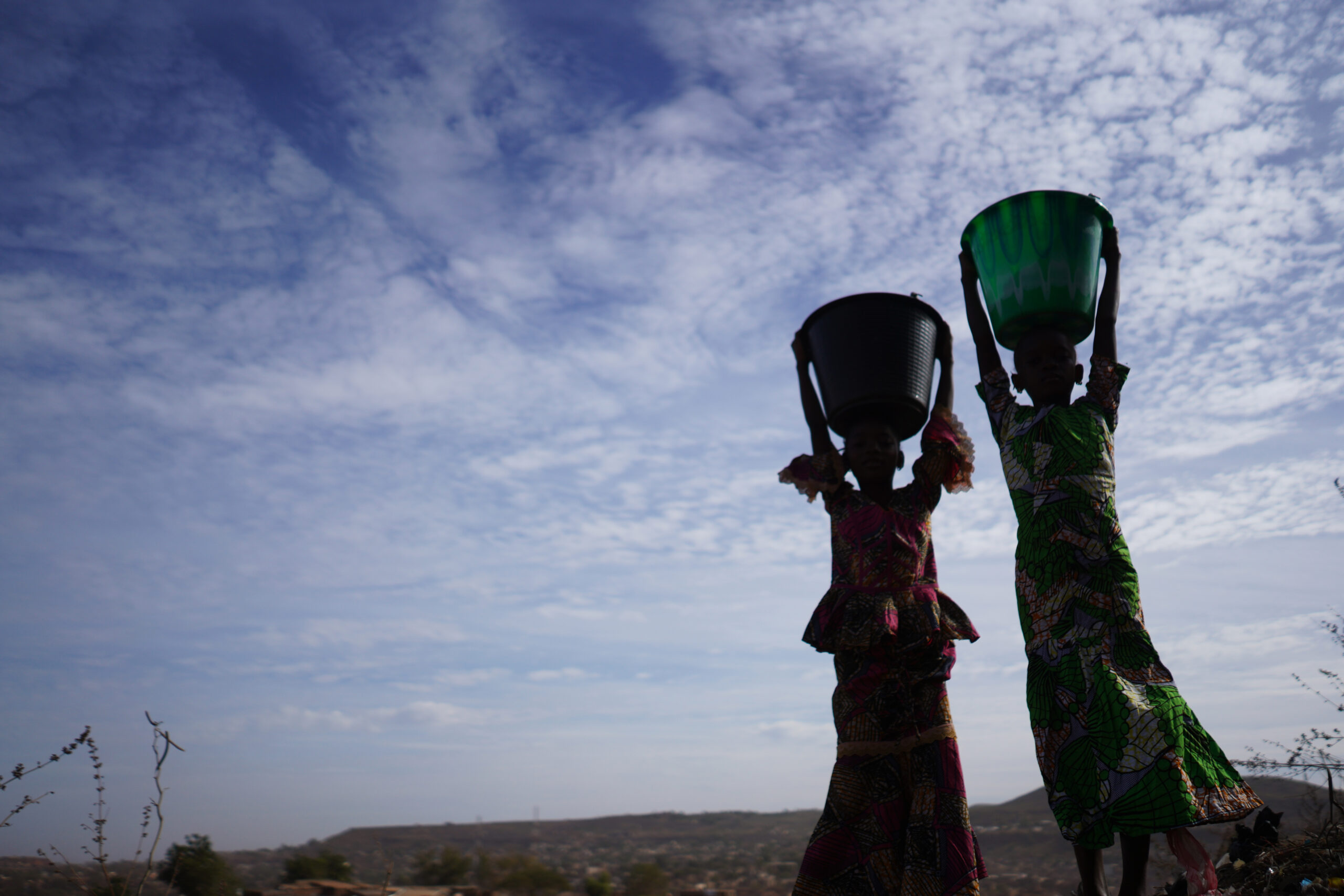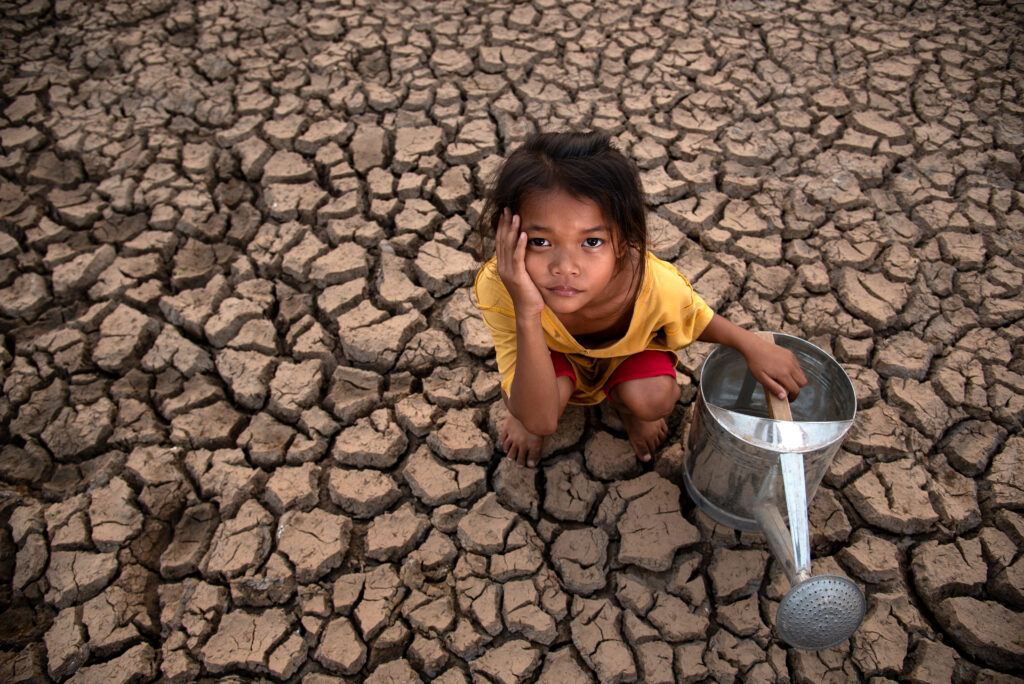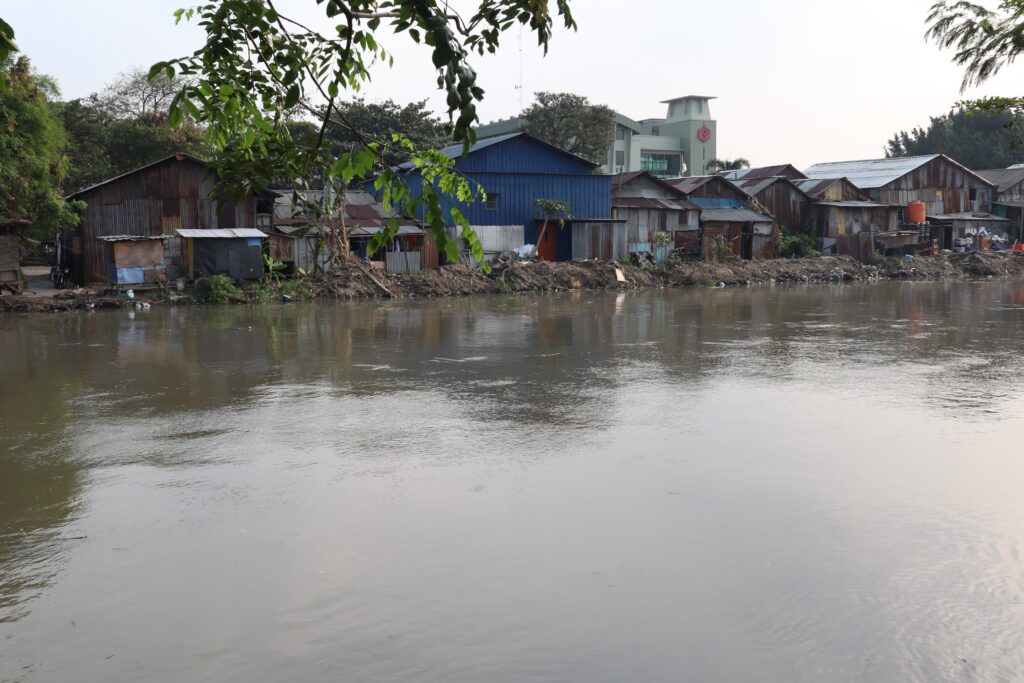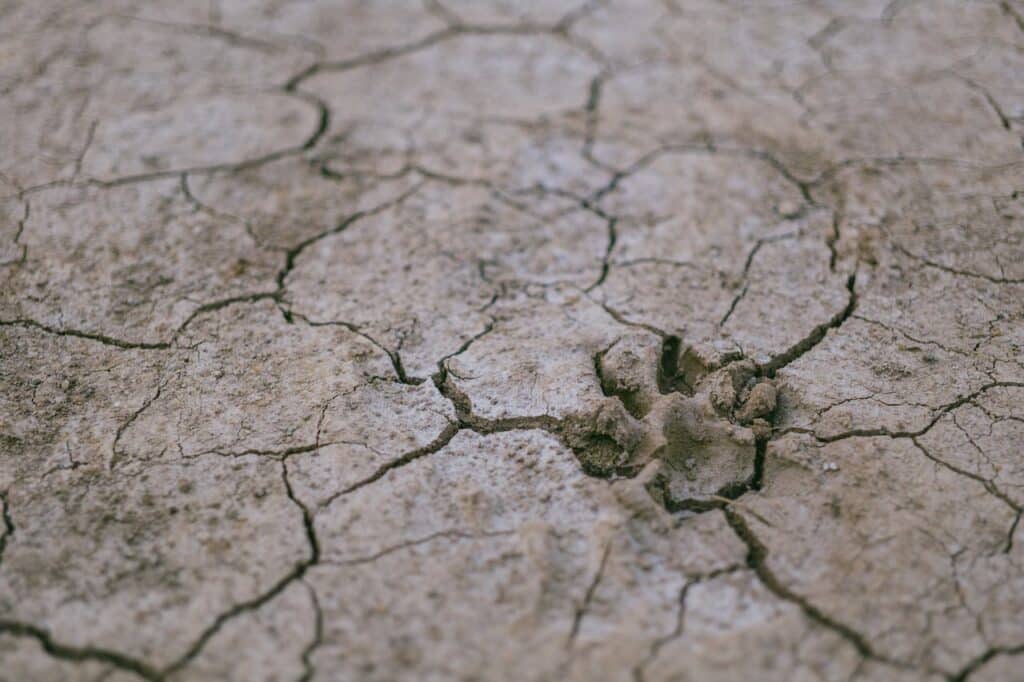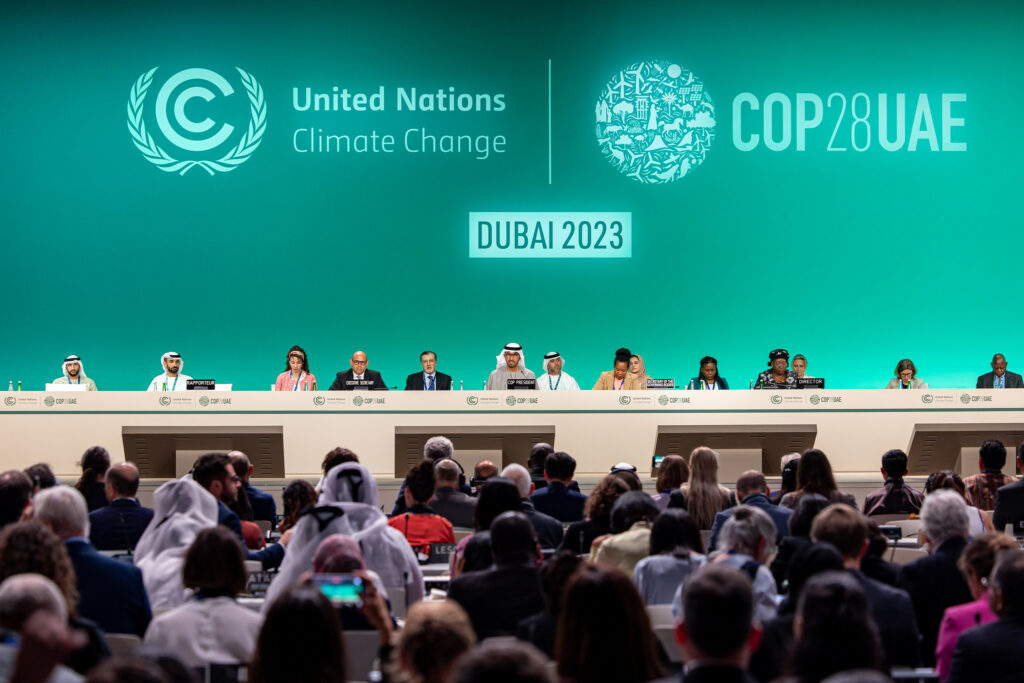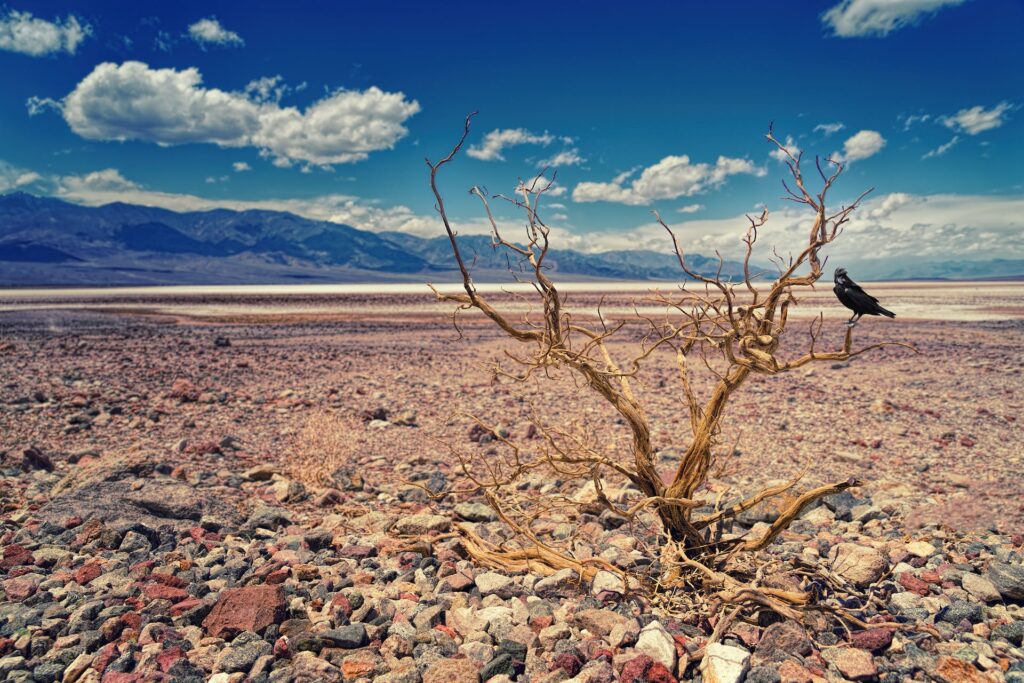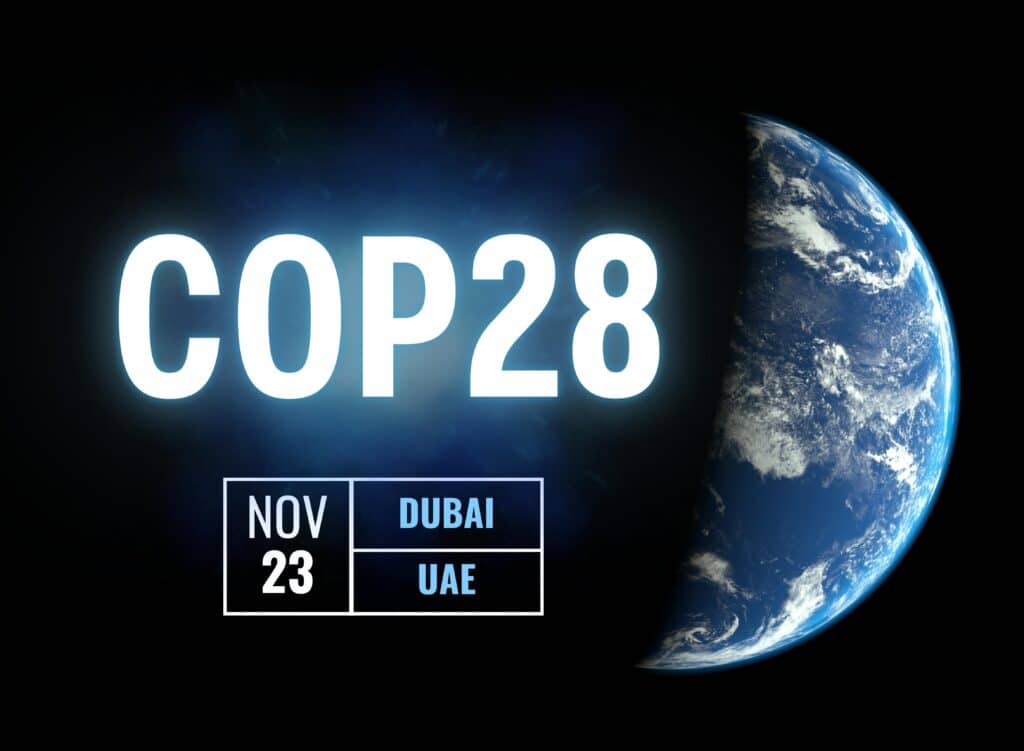Women and girls face many unique climate-related risks and vulnerabilities, and COP28 2023 must usher in solutions that support women’s economic empowerment, gender equality and address their needs and rights amid the escalating crisis.
How Climate Impacts Fall Hardest on Women and Girls
The consequences of climate change are devastating lives around the world. But, these impacts disproportionately impact vulnerable or underserved groups, including young women and girls. From a gender perspective, women are more likely to rely on climate-sensitive sectors for their livelihoods, and they also often have the least capacity to respond to climate extremes, such as droughts, floods and storms. As a result, women and children are 14 times more likely to die than men in disasters. Women are also already more likely to live in poverty, and by 2030, climate change could push 158 million more women and girls into poverty and lead 236 million more women into hunger. Climate-related displacement also makes women and girls more vulnerable to gender-based violence, human trafficking and modern-day slavery. The list goes on.
For these reasons, the United Nations is calling for a feminist approach to climate justice. “Climate change is creating a downward spiral for women and girls,” said Sarah Hendriks, the deputy executive director a.i. of UN Women. “We need to transform economies away from extraction and pollution and integrate women’s rights into all aspects of climate policy and financing. UN Women is calling for feminist climate justice, and a world in which everyone can enjoy their human rights, and flourish on a planet that is healthy and sustainable.”
Bringing Gender Equality and Finance Together at COP28 UAE
Gender-responsive climate finance can enhance climate action and recovery while promoting gender equality and poverty reduction. However, barriers prevent financial flows from reaching women-led initiatives and gender-responsive projects that are vital to saving and improving lives. Women also have unequal participation in the decision-making processes related to climate-related planning, policy-making and implementation, thus limiting their power to influence positive change.
Finance and Gender Day at COP28 2023
On December 4, 2023, Gender Day and Finance Day took place at COP28 UAE. Experts say climate solutions must address both areas. Laura Turquet, senior policy expert at UN Women, explained: “It is important that these issues have been brought together because even though women are bearing the brunt, women’s organisations are being starved of the finance they need to do their vital work on the front lines of climate change. This needs to change.”
A Gender-responsive Just Transition
Ensuring a fair and just transition for women, girls and other marginalised groups is paramount as nations implement their climate plans. This transition must also prioritise the specific rights and needs of gender-diverse people, persons with disabilities and Indigenous peoples, and it must ensure no one is left behind.
One key aspect is recognising and valuing the variety of roles people can take in climate resilience, mitigation and adaptation. For example, for women, access to clean energy technologies would reduce the drudgery of relying on solid fuels for cooking. These fuels contribute to 25% of global black carbon emissions – a leading cause of poor health and premature death. Increasing opportunities for women and gender-diverse people in the growing green economy more broadly can foster gender-equitable social protection and empowerment.
COP28 Solutions: Broadening Access to Finance
Access to finance remains a critical factor in empowering women and girls to adapt to and mitigate climate change impacts. The UN’s Development Programme (UNDP) published its Framework for Enhancing Gender and Poverty Integration in Climate Finance in 2021. The report proposes four funding pillars to integrate gender equality and poverty reduction in climate finance: governance, resource planning and allocation, accountability and capacity building.
Speaking at COP28, the UNDP’s Verania Chao recognised the efforts of some nations to advance gender equality considerations into various funding streams. However, only 23 countries currently mention gender considerations in their climate finance and strategies (their National Determined Contributions, or NDCs). She added that this presents the opportunity for other nations to enhance and improve efforts by updating their NDCs with gender-equitable finance strategies.
Accountability Mechanisms for Gender-responsive Climate Action
Chao emphasised the power of integrating gender considerations into national climate plans to enhance accountability. “The NDCs are the backbone of the Paris Agreement and, therefore, will have to be reported in terms of progress. It’s a really important instrument that can support a better response and advancement for gender equality,” she said.
Public participation can also help strengthen accountability. Involving community stakeholders allows them to feed into and hold governments accountable when implementing climate finance budgets. For example, in Indonesia, ministries are encouraged to assess the gendered impacts of investments on access, participation and control, as well as the developmental benefits to women and the most vulnerable groups.
Bangladesh is another nation with accountability mechanisms in place. Its 2020 Climate Change Fiscal Framework (CCFF), for example, includes specific accountability mechanisms to address global warming, gender and poverty issues in its national budgets.
COP28 Dubai Solutions: A Pivotal Moment for Women, Girls and Justice
As the international community comes together to confront the climate crisis, prioritising the rights and needs of women and girls and gender responsive just transitions are both a matter of justice and a strategic imperative for building a sustainable and resilient future.
However, the UN warns that recent global trends show a backsliding in human rights, causing gender equality to fall further out of reach. Women’s voices have also been consistently under-represented at COP28 itself, with only 15 out of the 140 speakers being women at this year’s conference. Of the 28 COPs since 1991, only five women have taken the helm as COP president.
This means there is still a long way to go. Against the backdrop of rising temperatures, discussions on climate plans and investments must fully integrate the voices, needs and rights of the world’s women and girls to foster inclusivity and justice for all.
Evelyn Smail
Writer, United Kingdom
Evelyn is a freelance writer and journalist specialising in climate science and policy, the just energy transition and the human impacts of climate change. She writes for independent publications, NGOs and environmental organisations. Evelyn has a background in sustainable development, climate justice and human rights.
Evelyn is a freelance writer and journalist specialising in climate science and policy, the just energy transition and the human impacts of climate change. She writes for independent publications, NGOs and environmental organisations. Evelyn has a background in sustainable development, climate justice and human rights.

